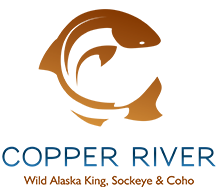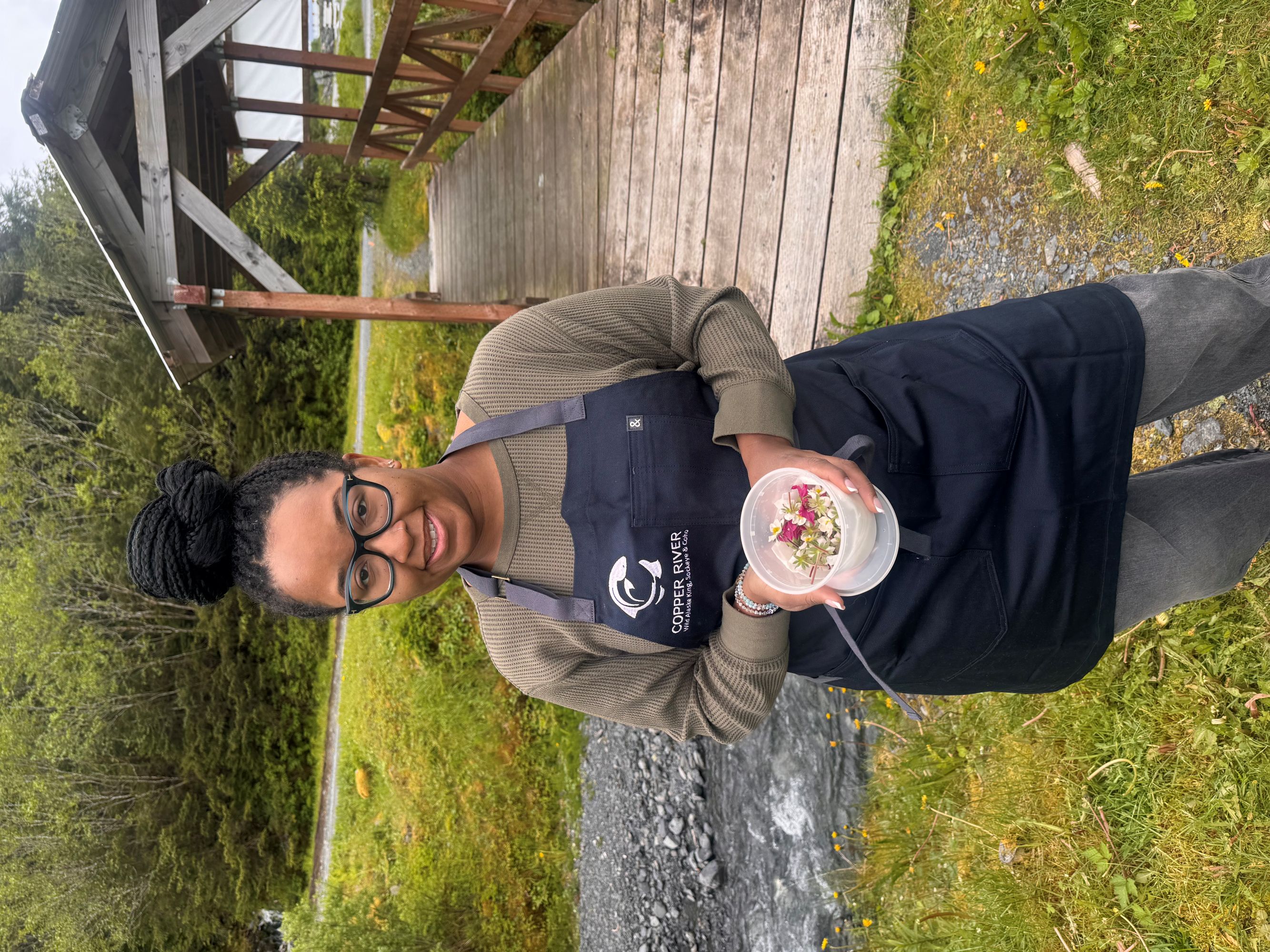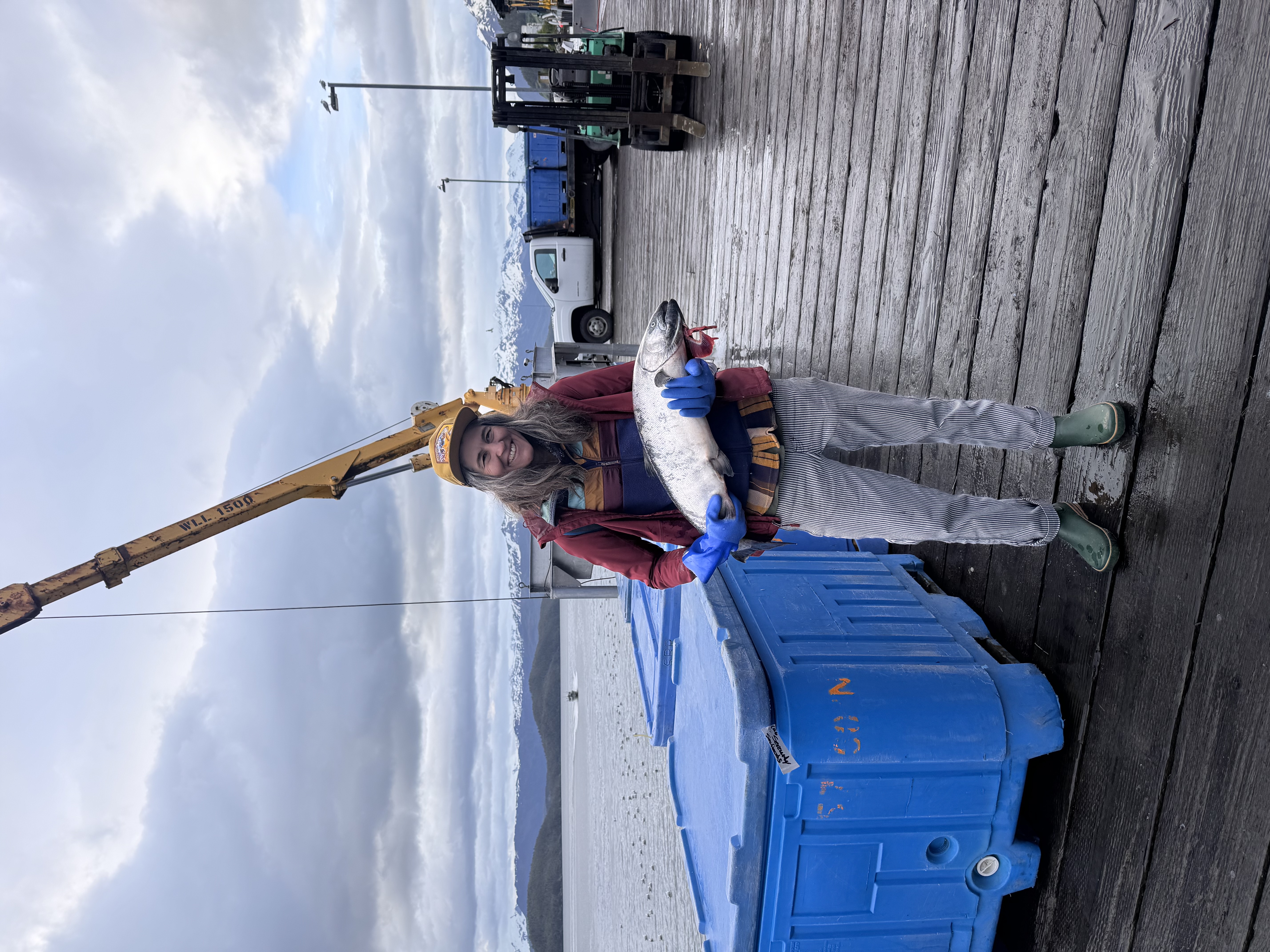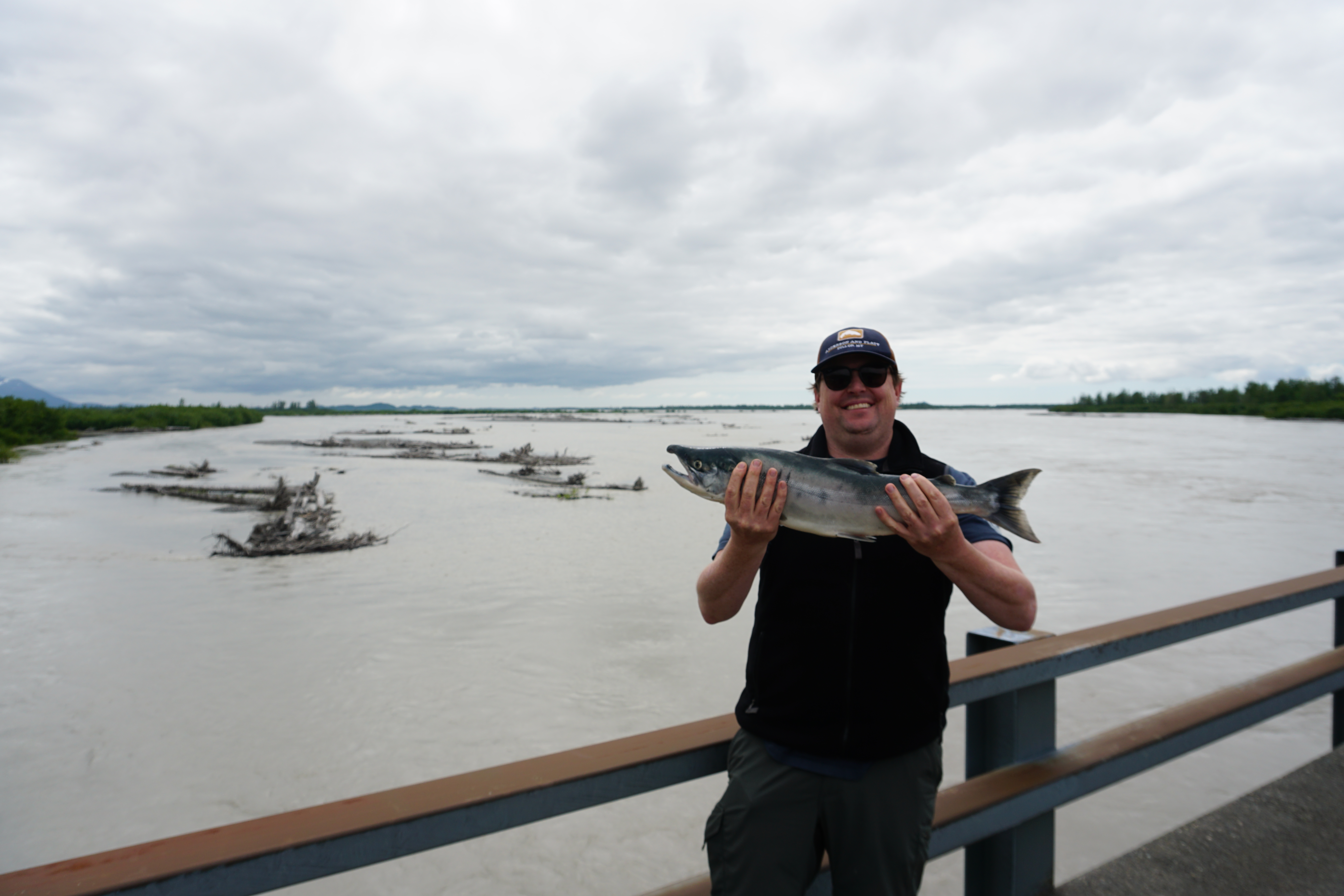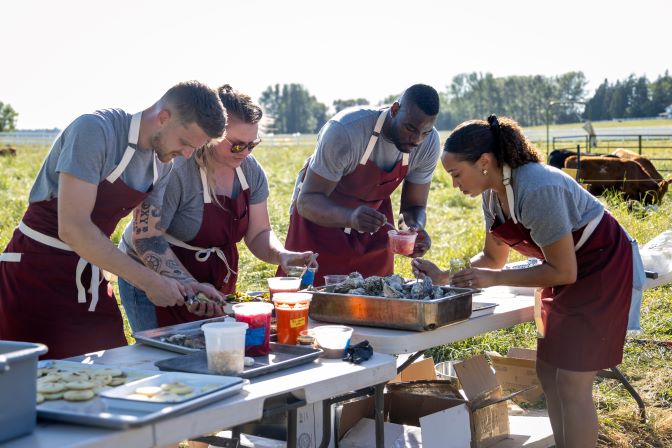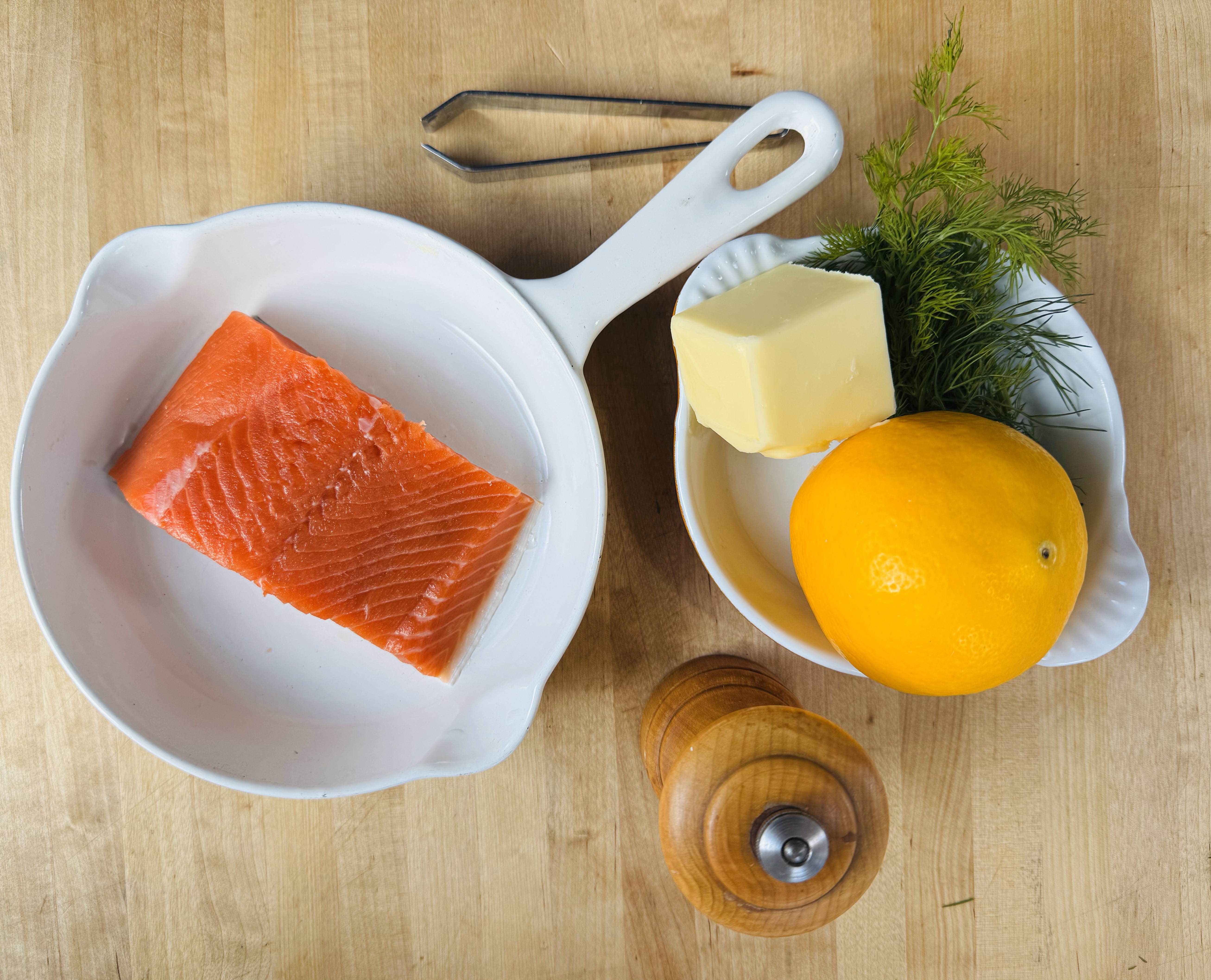By using our website, you agree to the use of cookies as described in our Cookie Policy
Chef Thoughts with Jeremy Williamson
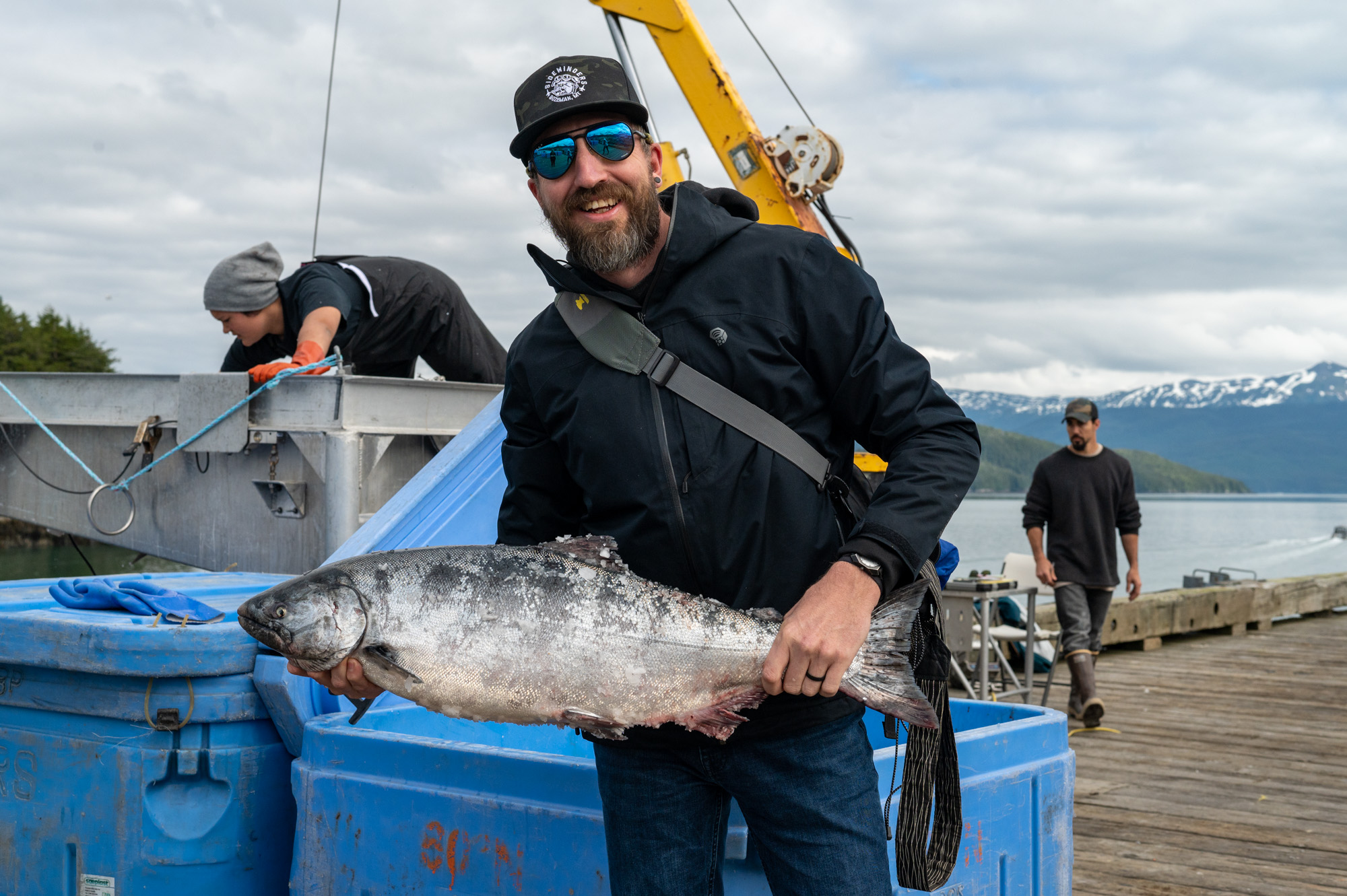
Our next chef conversation was with Jeremy Williamson, the Culinary Director of Blue Collar Restaurant Group in Jackson, WY. Another contestant in our Copper River Coho Chef Competition, Jeremy is both thoughtful and adventurous, beside his obvious skill in the kitchen. Dive in to read his insightful answers.
Do you feel you gained a deeper appreciation for or understanding of the process of bringing salmon to the world? What aspects of this process stuck out most to you?
Totally. I think that it's just the idea of actually meeting the people that pull the fish out of the water and take care of it from it being bled, to delivering it, to ice, to getting to purveyors and fighting its way here. I mean, it's pretty crazy how much care goes into one fish.
And then, you know, you catch hundreds and hundreds of them and the same care still goes through. Which is really, really cool and admirable. I mean, it makes you really kind of think, especially as a cook, that we need to also pay the same respect and time towards that fish, though. Just the community and the care that was taken by all the people, I think that's the part that people forget.
Do you believe that this trip has shaped how you think about sourcing protein, or food in general, even beyond just salmon?
I think it has fortified my thought in it. I mean, growing up in Georgia and working with so many great farms there, and then moving to Wyoming and working with so many high caliber chefs that, you know, the same care goes into it. And, my background with other chefs and, and the way that they teach me to take care of food and where we find it, I think it only just solidified more of the need to keep educating the customer and the people about it.
What was the most surprising aspect of your time in Alaska?
I mean, going out on the water and actually seeing it was pretty sweet; flying in that little plane over everything. Yeah, that was pretty crazy. That's like once in a lifetime experience. Just do it, right? That was crazy. I mean, that just stuck, seeing the landscape. It's so vast and so wild, and I think that was one of my biggest surprises. Like, I always knew Alaska was wild, you know, but like flying into Cordova, where you have a 30-mile road, and that's it. That was crazy. And I think that just being able to observe that community was, it was really fun. And I think that's what makes the fish so special because everyone is involved in it pretty much.
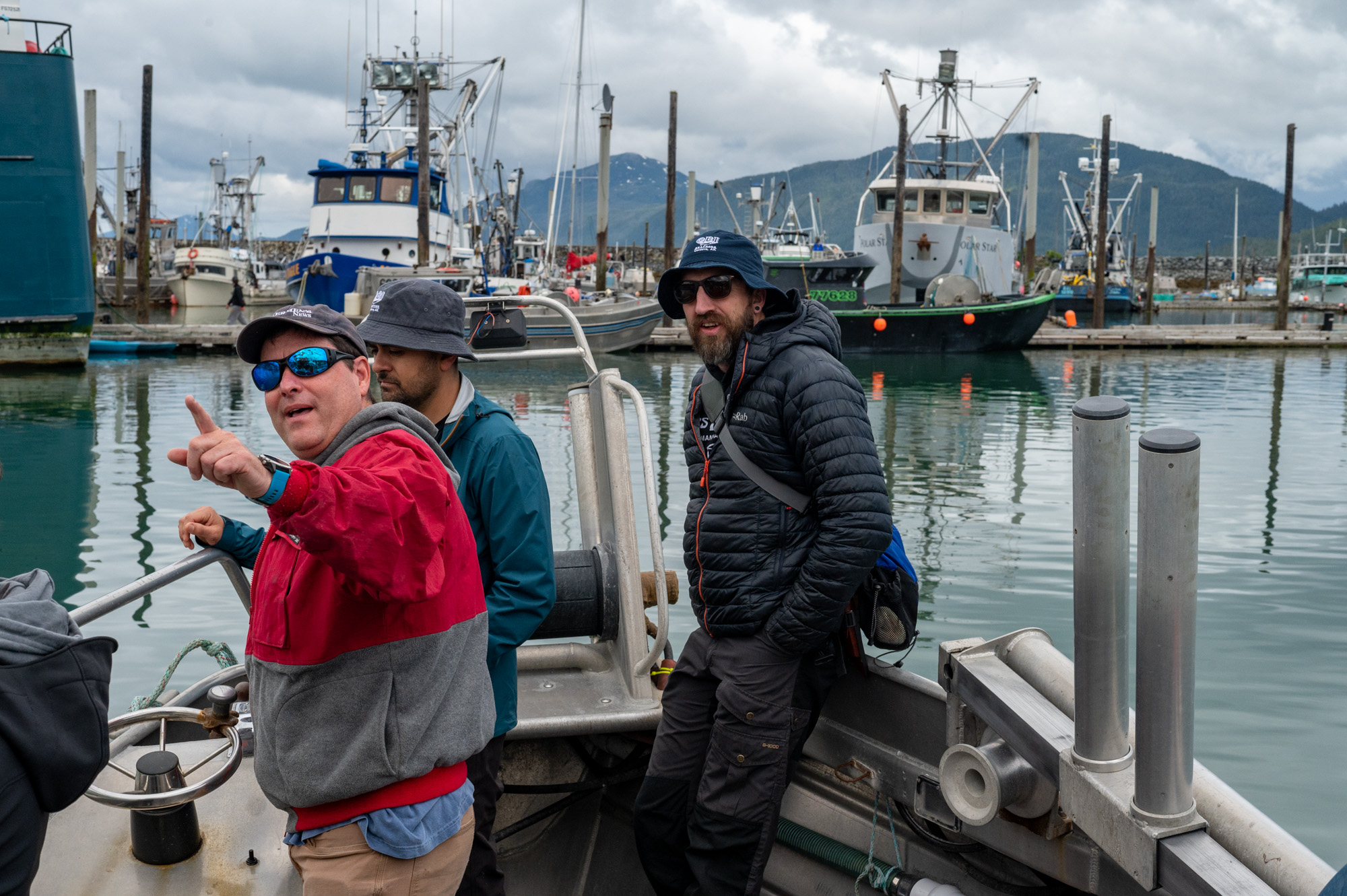
Has your comfort level with serving wild salmon changed?
Oh, that's a good question. I guess I become more comfortable. I think it's more, maybe even more general because, you know, the fisherman's names and, you know the people, you know the town. You know what it looks like. You know what the whole variety of what that fish does from coming from the Copper River or Prince William Sound and or find its way and. I mean, I was pretty comfortable, but I would say I would have become more comfortable. I just think that the knowledge gives you more confidence in the fact that like, hey, this is how much this fish cost and this is why, this is why it's so important to look at those things.
From what you learned, do you feel that Copper River Salmon is a truly superior product? Or is it just marketing?
I do think it is superior. I don't think it's marketing; I find that, honestly, it just goes back to the great care. You got a small town who takes such great care at capturing and really making sure that this fish is well taken care of. I mean, it definitely shows in the quality of it for a wild salmon, right? I mean, it's a very sustainable fish. And, you know, I think the more we can make sure that people see that it is a better product, and you know, the better it will be. I do think it is superior wild salmon. That has to do with the area, too, right? It's just like trying to grow grapes for wines. If you grow grapes and crappy soil, you get crappy wine. That's why people fight over where they have their grapes.
What were your impressions of the efforts put towards sustainability of this wild resource?
My impressions? Good. I think, you know, you use that word sustainability a lot with your chefs, right? Oh, it's very sustainable, right? And you just kind of know, let's say, a pretty broad generality of what sustainability is, you know, like, oh, well, this product is sustainable because they just try and put back compost in the ground, and you just have this broad topic, right? I think when you actually, like, go and see it for yourself and actually truly experience how sustainable it is and how well it's watched. Right? Because when we sat down at the Alaska Department of Fish and Game, it was really neat to see like, you know, there's literally people that take the time to monitor how many fish are going out because that's a huge part of like control, and what happens with those fish, right? How someone is doing that job. When you lose that, you lose the fish. It's no longer protected. It's like, oh, it's sustainable because we only catch it from this part of those days into this part of the season. If they go in the river, there's someone actually counting the fish, right? Saying, You know what? These fish need to be counted to be taken care of. So once we reach a certain number done seasons over then. And I think there's something to be said about that. It's pretty eye-opening.
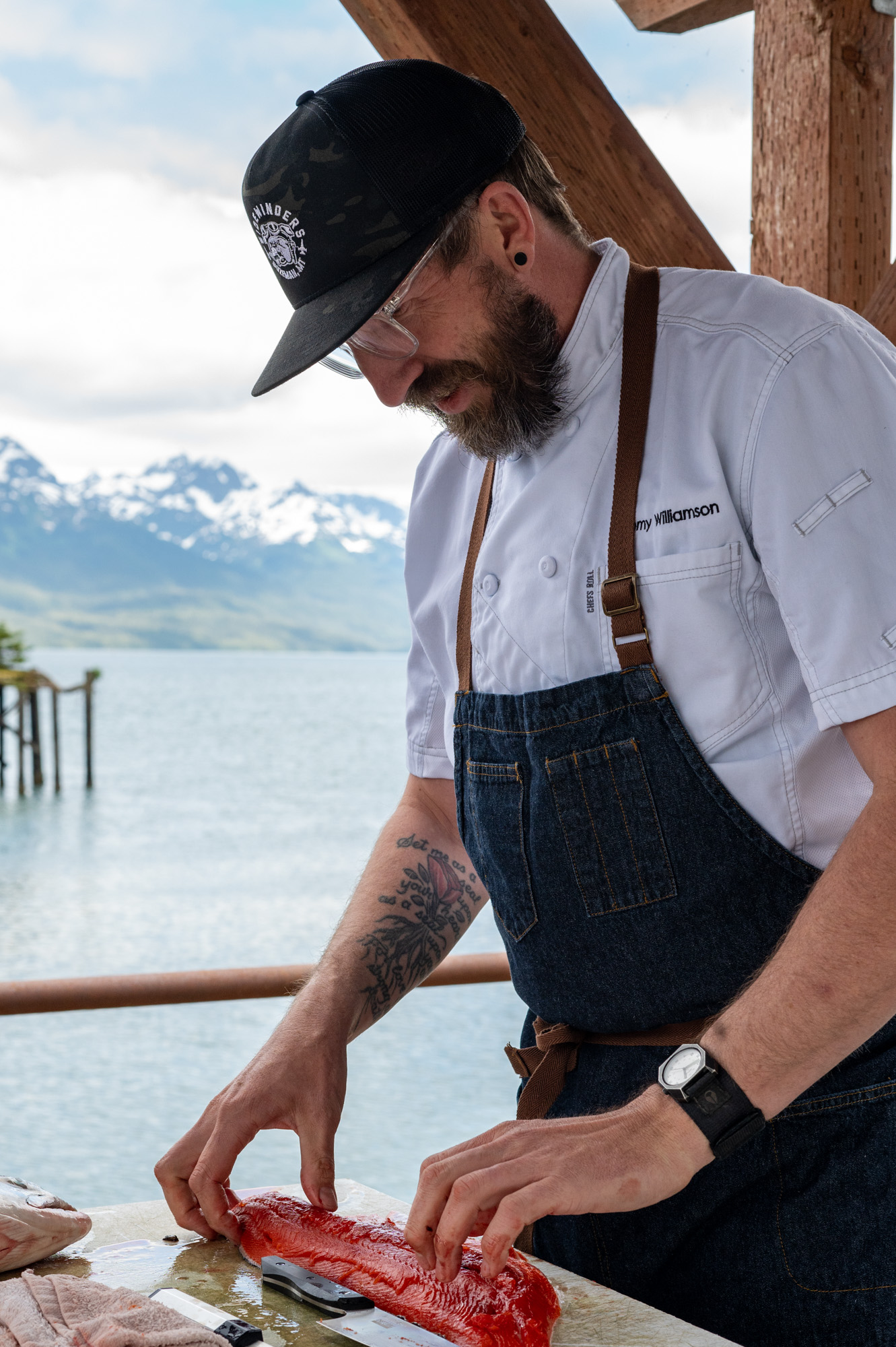
‹ Back
